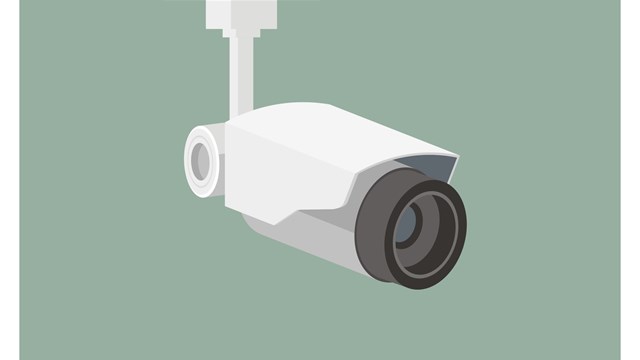Q I live on the fourth floor of a condominium project, and management has advised that they will shut down the elevators for two months. They claim they will arrange to have staff assist people with carrying up groceries, etc. However, I have a bad back and cannot walk up or down stairs—especially four floors.
I’m sure that under fair housing, the board must make “reasonable accommodations” but generally at the expense of the homeowner.
Are there any exceptions to the requirement that the person with a handicap must pay his/her own freight? I know that ADA does not apply in this case.
—Worried in Chelsea
“In order for the landlord or condominium association to be responsible for paying for the requested accommodation, the NYCHRL requires the following: First, the accommodation must be reasonable; second, the accommodation must be in common areas of the building; and third, the NYCHRL also considers the nature and cost of the proposed accommodation and the financial resources of the condominium association. If the cost of the request would cause an undue financial hardship on the condominium, the NYCHRL will not require the condominium to pay for it.
“Here, assuming the letter writer is a unit owner in the condominium, pursuant to the NYCHRL, he or she may ask the board of managers for a reasonable accommodation, at the condominium’s expense, to be made during the time the elevators will be out of service. However, if the request is unreasonable, is not involving common areas of the building, or is an undue financial burden to the condominium, the NYHRL will not, in all likelihood, require the condominium to pay for it.”







Comments
Leave a Comment